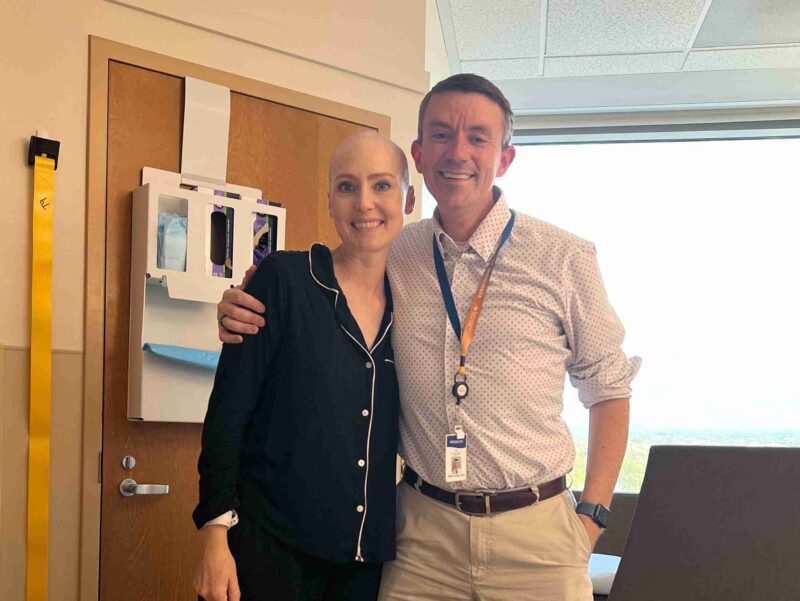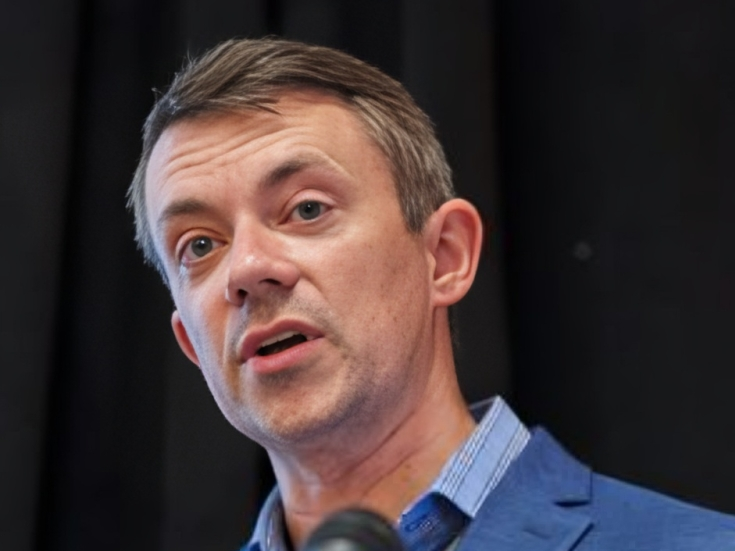Mark Lewis shared a post on X:
“Throwback Thursday to a cautious celebration.
Meet Melanie.
This is the moment 2 years ago that her cancer vanished from scans.
She died last week.
This is why we say ‘remission’ or ‘no evidence of disease’.
Oncologists may be last to say ‘cure’ before we know every last rogue cell is gone forever.

Because we hate to overpromise and under-deliver. When people speak of a ‘cure for cancer’ they tend to envision a panacea that works against a monolith.
But even on an individual level I usually lack the microscopic resolution to guarantee against recurrence within months or years.
Melanie was one of the most remarkable people I’ve ever known in any setting, clinical or otherwise.
Her specific cancer was an intrahepatic cholangiocarcinoma and while she was alive she furthered my understanding of its biology by undergoing treatments that extended her life …
But did not save it.
She passed away at age 42, the beneficiary of some new therapeutic advances (special thanks to Rachna Shroff, Milind Javle and Cholangiocarcinoma Foundation among others for novel regimens that I believe added at least a year to her still-tragically short life).
But our critics are right: we’re not nearly good enough.
Somewhere between the head and the heart, between the statistical rigor of clinical trials and witnessing the n=1 experience of each patient we encounter, we are driven to do better.
For Melanie and for patients today and tomorrow.
Shared with permission.”
Source: Mark Lewis/X
More posts by Mark Lewis on oncodaily.com
Mark A. Lewis is the Director of Gastrointestinal Oncology at Intermountain Healthcare in Utah, the Co-Chair of adolescent and young adult (AYA) oncology in the SWOG cooperative group, and the Vice President of American Multiple Endocrine Neoplasia Support. Dr. Lewis is also a well-known patient advocate and social media influencer. His interests are neuroendocrine tumors and cancer syndromes.
